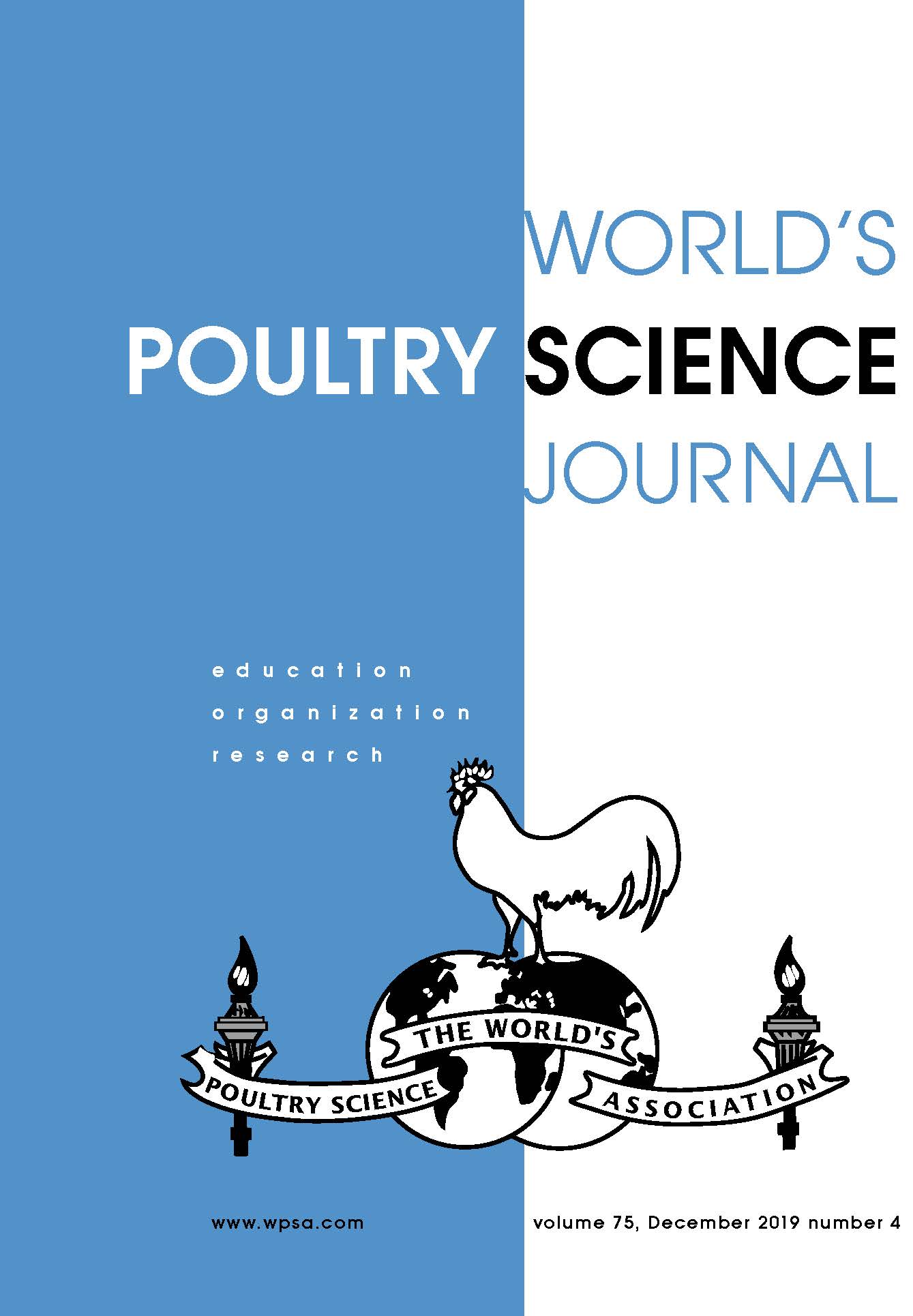Article contents
Poultry production in 2025: learning from future scenarios
Published online by Cambridge University Press: 01 March 2011
Abstract
For approximately the past ten years, the European poultry sector has faced both competition from new poultry-exporting countries and growing societal concerns about animal welfare, food safety, and environmental impacts of production systems. On a global scale, poultry production increased nearly 4% per year during that period. Although it increased slightly in the European Union (EU) as a whole, largely owing to the integration of new EU member states, in some EU countries such as France it decreased by up to 20%. This caused concern among public and private stakeholders, especially poultry farmers, about the future of poultry farming in their countries. To help French stakeholders design strategies for the future, a technical institute (ITAVI) and a research institute (INRA) conducted a scenario-building exercise. Based on interviews with stakeholders and an 18-month-long series of discussions by a panel of poultry experts, four future scenarios were developed. Rather than simply extending current trends, they took into account uncertainties such as potential shifts in European policies and regulations, consumer attitudes, and stakeholder strategies. The main economic, social, environmental, and food-safety lessons of this exploration are presented here from a European perspective. More specifically, the implications of these scenarios for future research are highlighted. Although no scenario envisages strong production growth by 2025, all emphasise the importance of multidisciplinary research to characterise the quality and sustainability of poultry production, which in turn can improve its competitiveness.
Information
- Type
- Review Article
- Information
- Copyright
- Copyright © World's Poultry Science Association 2011
References
- 8
- Cited by

